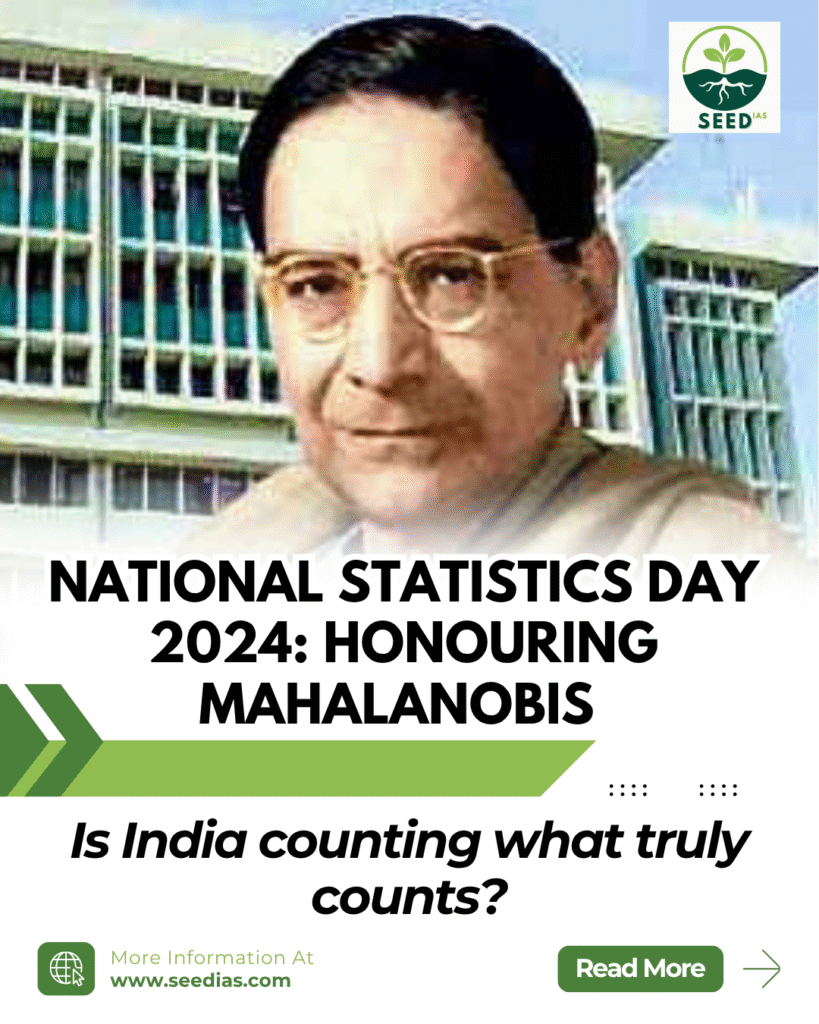Why in NEWS
The Registrar General of India has directed all states to ensure birth certificates are issued within 7 days of registration, preferably before newborns are discharged from hospitals, especially in government facilities. This comes amid a push for universal and digital birth registration.
Key Concepts Simplified
| Term | Meaning |
|---|---|
| RBD Act, 1969 | Governs registration of births and deaths in India |
| Central Civil Registration System | Centralized portal to manage birth and death data, feeding into key government databases |
| SDG 16.9 | UN Sustainable Development Goal to provide legal identity for all by 2030, including birth registration |
News Details
- All states are instructed to issue birth certificates quickly, especially before hospital discharge.
- Government hospitals, where 50%+ births occur, are key implementation points.
- Birth registration has risen from 86% (2014) to 96% (2024).
- RBD Act (1969) allows free registration within 21 days.
- 2023 amendment mandates digital registration and treats e-certificates as official.
- Adopted, orphaned, abandoned, surrogate, and single-parent children are now legally covered.
- From October 1, 2023, digital birth certificates are mandatory for:
- School admissions
- Government jobs
- Marriage registrations
- Driving licenses
- Passports
- CRS portal data will feed into NPR, ration cards, property documents, and voter rolls.
- Supports UN ESCAP’s Civil Registration Decade (2014–2024) and SDG 16.9.
Digital Birth Registration in India: Key Details
| Aspect | Details |
|---|---|
| Issuance Timeline Directive | States must ensure birth certificates are issued within 7 days, preferably before hospital discharge. |
| Institutional Births Focus | Over 50% of births occur in government hospitals, making them key to fast-track implementation. |
| Rise in Birth Registration | Increased from 86% in 2014 to over 96% in 2024. |
| Legal Framework | Governed by the Registration of Births and Deaths (RBD) Act, 1969. |
| Fee Clause | No fee if registration is done within 21 days of birth. |
| Inclusion of Vulnerable Groups | Now includes adopted, orphaned, abandoned, surrendered, surrogate children, and those of single/unmarried mothers. |
| 2023 Amendment | – Made digital registration mandatory |
In a Nutshell
Memory Code: “DIGI-BIRTH”
- Digital mandate
- Identification for all
- Governance boost
- Institutional births focus
- Before discharge
- Inclusive registration
- RBD Act 1969
- Timely within 7 days
- Harmonized national data
Prelims Practice Questions
- Which act governs the registration of births and deaths in India?
A. Civil ID Act, 2005
B. Vital Statistics Act, 1991
C. Registration of Births and Deaths Act, 1969
D. National Identity Act, 2023 - As per the 2023 amendment, which of the following is true about birth registration?
A. Paper certificates are mandatory
B. Only private hospitals must register births
C. Digital registration is now compulsory
D. Fee is charged for all registrations - Which UN SDG target relates to legal identity and birth registration?
A. 10.1
B. 5.3
C. 16.9
D. 9.2
Prelims Answer Key with Explanations
| Qn | Answer | Explanation |
|---|---|---|
| 1 | C | The Registration of Births and Deaths (RBD) Act, 1969 governs the process. |
| 2 | C | The 2023 amendment mandates digital registration and electronic records. |
| 3 | C | SDG 16.9 aims for legal identity for all, including birth registration. |
















